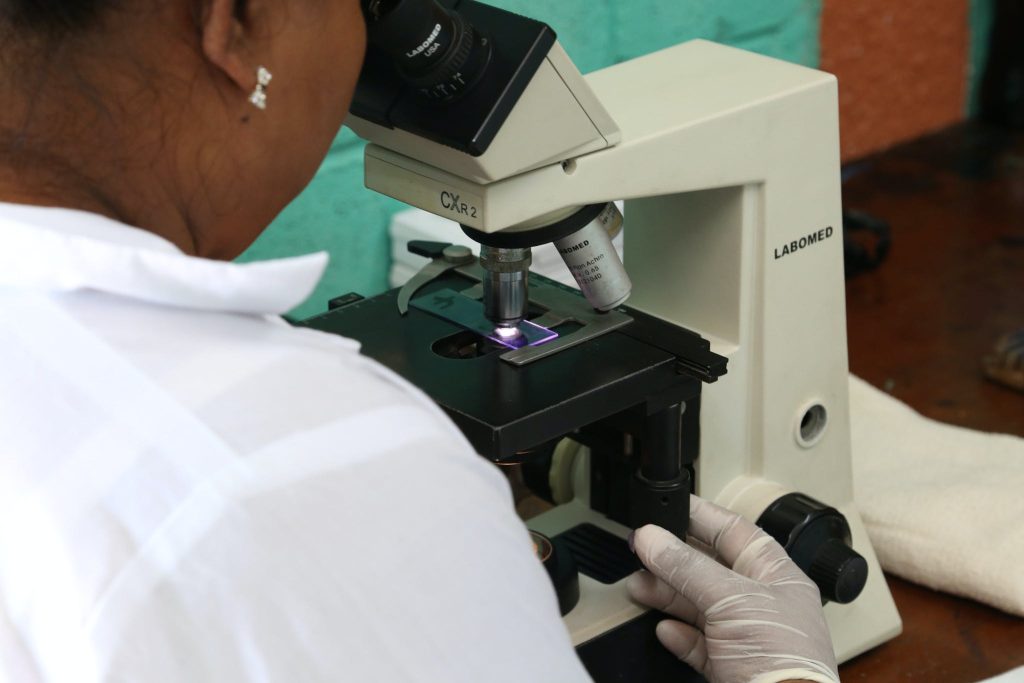Even earlier than the worldwide unfold of a lethal virus that has shuttered companies, faculties, and full economies, scientists had already sounded the alarm about one other doubtlessly catastrophic worldwide public well being disaster: antimicrobial resistance (AMR).
AMR is now a shut to and current hazard to well being packages and the people they serve. well being care packages, collectively with fully different sectors of society, are beneath risk from what are generally usually acknowledged as “superbugs,” microbes that set off infections which may even be untreatable or proof in direction of antibiotics, antivirals, and antiparasitics. with out efficient antimicrobials, tens of hundreds of hundreds of lives are in hazard.
A enterprise strategy to fixing AMR
all by means of the UN basis’s current 2020 worldwide Dialogue event, supported by worldwide hygiene and well being agency Essity, private sector leaders provided a enterprise perspective on the AMR risk. Steve Waygood, chief accountable funding officer at Aviva buyers, a world insurance coverage and asset administration agency, said: “We see AMR as thought-about one of many world’s largest market failures. … The definition of a market failure is that markets left uncorrected lead to a suboptimal consequence for society. We really feel there is a very important should right that.”
“AMR isn’t one factor that’s new. Overuse and underdosing of antibiotics are ensuing in this rising draw again,” added Dr. Karsten Hemmrich, Essity’s vp of well being and medical options. Hemmrich underscored simply how dangerous this variety of a world risk is, citing 25,000 deaths a yr inside the eu Union alone. furthermore, the world over’s 20 most superior economies, roughly forty% of circumstances of an infection launched on by micro organism can not be dealt with by antibiotics. with out measures to include AMR, predominant surgical procedures or most cancers chemotherapy will become riskier — and the quantity of people for whom remedy will fail or who will die of an infection will enhance.
an extreme quantity of at Stake
Now, the worldwide COVID-19 pandemic has demonstrated the urgency for world leaders to take corrective movement collectively to fight the resistance of antimicrobial cures and further, deal with important shortfalls in our society — poverty, entry to well being care, local climate change, and financial inequality.
The elevated prevalence of drug-resistant pathogens is attributed to numerous elements, collectively with the misuse and overuse of antimicrobials, poor an infection and illness prevention, and insufficient entry to extreme quality, reasonably priced diagnostics and medicines.
Globally, roughly seven-hundred,000 people die yearly from drug-resistant infections. And estimates current that failure to behave may elevate the toll to 10 million deaths per yr — surpassing the quantity of most cancers deaths.
These are losses the world merely can’t face up to. That’s why decisive and fast movement is required throughout industries and sectors throughout the globe to mitigate, forestall, and administration AMR with accountable use of antimicrobials and drug-resistant an infection administration.
Mounting proof of the risks of AMR prompted three predominant UN companies — the World well being group (WHO), meals and Agriculture group (FAO), and the World group for Animal well being (OIE) — to collectively endorse a collaborative and cross-enterprise strategy, usually acknowledged as One well being. To further this modern coordination, the UN not too prolonged in the past launched One well being worldwide Leaders Group on Antimicrobial Resistance to advocate for the pressing collective movement wished to fight this world well being risk.
The group is co-led by the prime ministers of Bangladesh and Barbados and consists of a diverse group of well being and environmental ministers from throughout the globe, private sector leaders from Merck and Mars Inc., members of academia, and heads of civil society organizations equivalent to Wellcome notion.
“Antimicrobial resistance is most possible going thought-about one of many biggest well being challenges of our time, and we can’t go away it for our youngsters to unravel,” WHO Director-regular Tedros Adhanom Ghebreyesus said all by means of the announcement of the worldwide Leaders Group. “now may be the time to forge new, cross-sector partnerships that can defend the medicines we have and revitalize the pipeline for mannequin new ones.”
collectively with the potential value of lives misplaced, if nothing is accomplished, WHO estimates that the financial value attributable to AMR by 2050 could be $a hundred trillion. financial output is susceptible to be lowered wherever from 1% to three% globally by 2030 attributable to a large discount inside the labor strain launched on by AMR.
And inequity gaps throughout the globe would solely be widened. in accordance with the World financial institution, 24 million people in decrease- and center-earnings nations could be pushed into poverty by 2030 if the unfold of superbugs isn’t halted.
Left unchecked, we will not solely fail to understand Sustainable development purpose (SDG) three on well being and properly-being for all, however attainment of the fully different SDGs will even be significantly extra tough and pricey. That’s why the UN, the UN basis, and companions throughout the philanthropic, nongovernmental group, and enterprise sectors are working collectively to cease AMR in collaborative and modern methods. Given the dimension of the draw again, a world, cross-reducing decision could be the one strategy to succeed. As we look to assemble again elevated inside the wake of a world pandemic, we should make investments and collaboratively construct up stronger packages to cease the following worldwide well being risk earlier than it will worsen.
“it is an uphill battle,“ conceded Waygood, “however it’s a battle that we should battle as a consequence of people’s lives are at stake.”
Featured picture: PAHO-WHO

